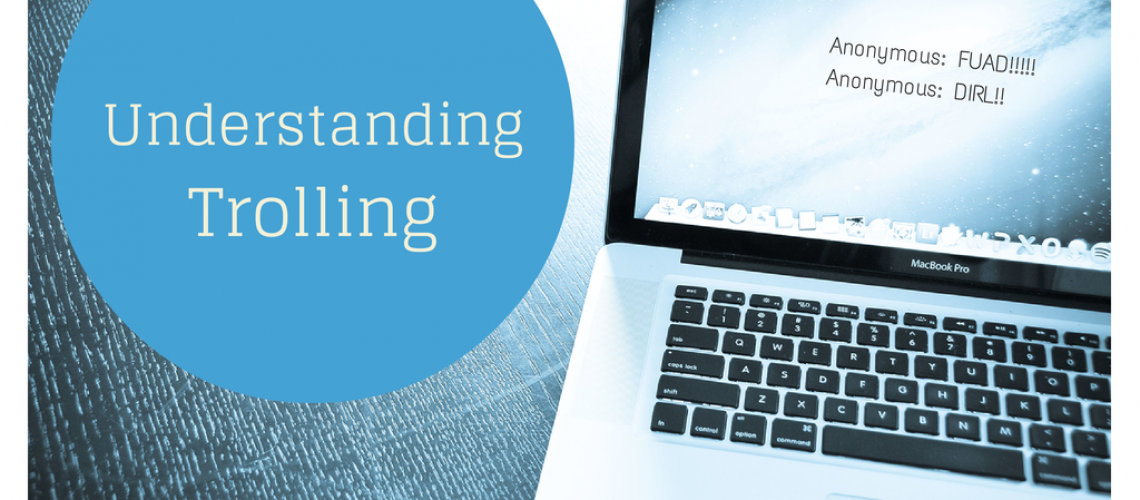“Don’t feed the trolls”. We often hear this statement bandied around with reference to insidious online power plays that usually involve aggressive, repeated taunts by one or more parties to another. It’s a valid statement, in so much as we know that bullying behaviours usually require the repeated input on the receiving end to keep the fire ignited. But according to Jeremy Blackman, cyber safety specialist with the Alannah and Madeline Foundation, the idea of not feeding the trolls, may not be so clear cut.
Trolling by definition is different to bullying. In general terms, trolling is usually by an anonymous user or someone unknown , whilst cyberbullying is mostly toward someone known to them, with similar characteristics to offline or real life bullying.
So what are the reasons people troll?
In his presentation at the Alannah and Madeline Foundation NCAB14 conference next week, Jeremy will look at the power imbalances faced by people, whereby trolling becomes a way to shift that balance in their favour.
In terms of celebrity trolling, we see the mob mentality, spurred on by an original instigator but collectively, the masses blend to make up one trolling entity to shift that power imbalance, previously monopolised by the celebrity status.
Then there are those that are ostracised from the norms. Trying to push their beliefs that may be alienating or on the edges of society. With civil society not working for them, they turn to this global forum, where they can express their beliefs in whatever fashion they please.
The trolling that mystifies me the most however, involves those that gather at RIP sites and memorial pages of people passed, to unleash their vitriol. Once again it must be that something is not working for them, somewhere they are missing out on something that they feel the attention and adoration people display on these sites somehow opens them up to be attacked and abused.
When it comes to our kids and what they will face in their online interactions, we need to have some understanding of how trolls work in order to give them the skills to deal with these behaviours.
So, absolutely, we don’t need to be feeding the trolls, we don’t need to be engaging in arguments whereby no one comes out a winner.
For some people, their resilience is high, their ability to ignore, block and delete is sufficient to negate any real damage. For others however, some of whom are basing their self worth on the likes, followers and interactions from social networking sites, then the consequences can be far more devastating. Many may not even be feeding the trolls. They may not be engaging in arguments and back and forth banter, but may still be devastated by the experience.
As Jeremy pointed out to me, we would like to think that people would just ‘be nice’. But unfortunately, if we are to have any hope of helping people deal with these behaviours, we have to be realistic in knowing that statements such as these offer as much wishful thinking as asking for world peace and an end to hunger.
I look forward to hearing Jeremy delve a little deeper into the world of trolling. It is a discussion that needs attention if we are to continue to help our kids, and ourselves, avoid the dramas of online trolling.
There is still time to grab your ticket to the Alannah and Madeline Foundations National Centre Against Bullying conference to be held in Melbourne, August 6th and 7th, 2014.

